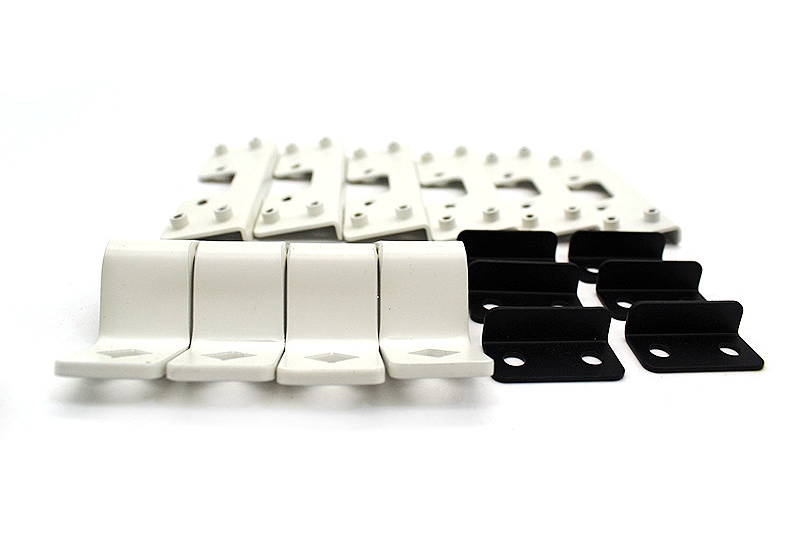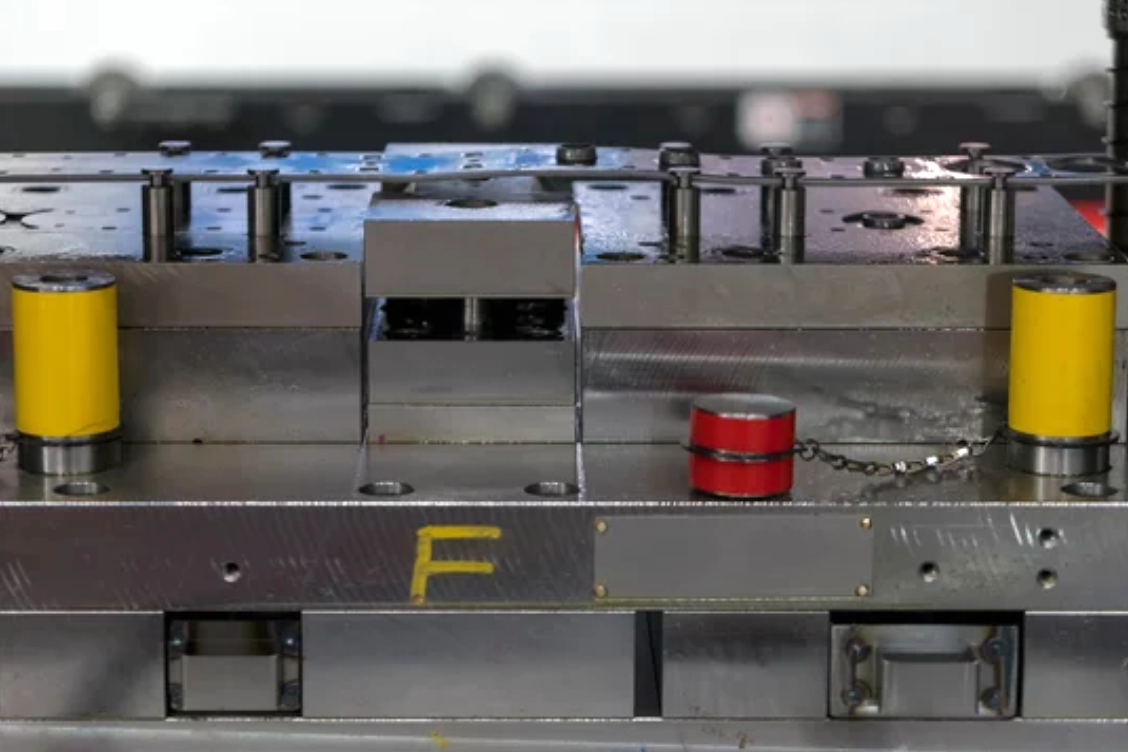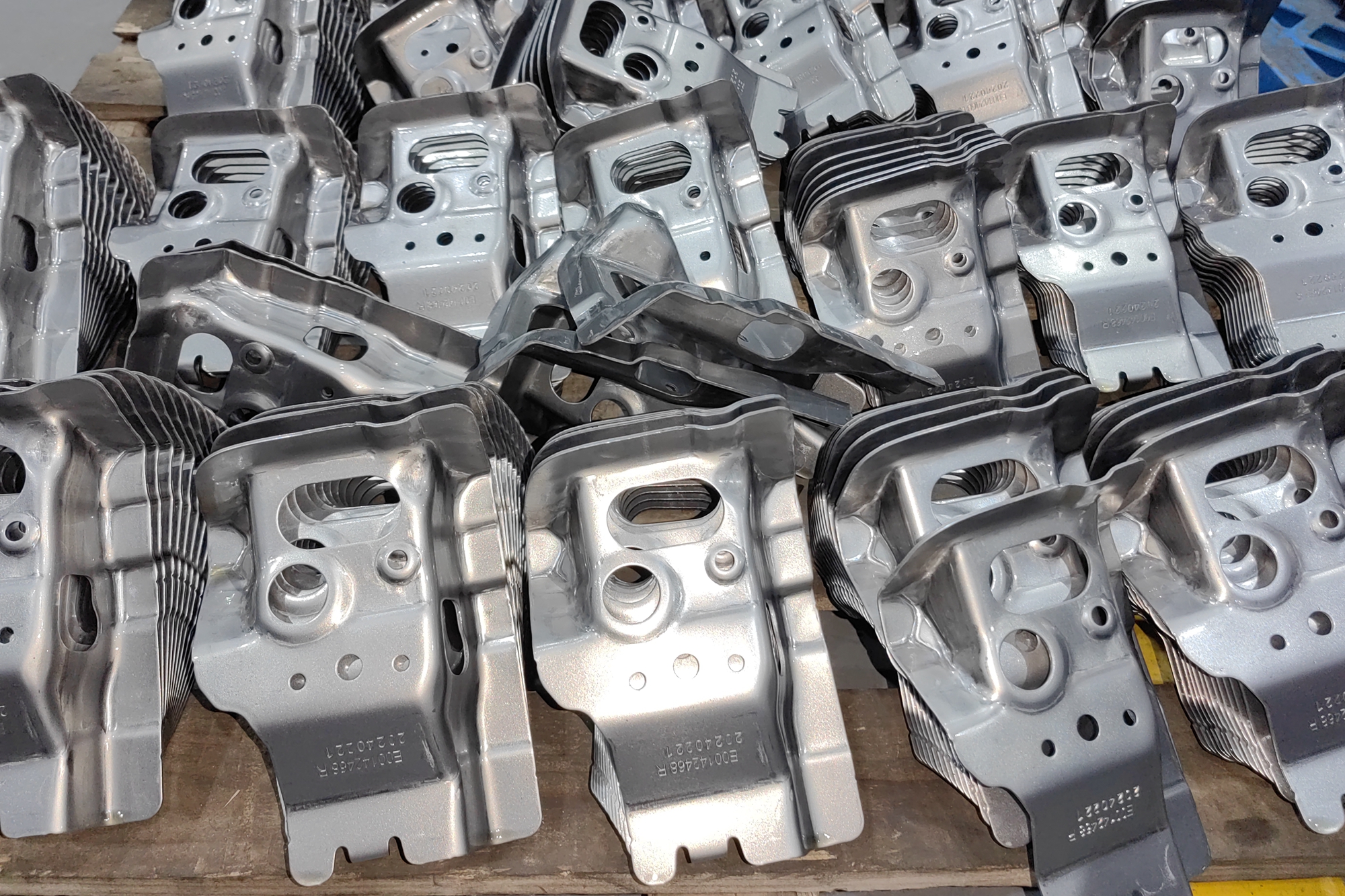Which industries rely heavily on precise metal bending techniques?
Introduction
Precision metal bending plays a crucial role across various industries where structural integrity, dimensional repeatability, and functional aesthetics must be consistently maintained. As an engineer working with bending, cutting, casting, and finishing workflows, I see daily how tightly controlled bending operations support high-performance components ranging from lightweight housings to heavy-duty structural frames. Below is a detailed analysis of the industries that depend most on accurate metal forming and the manufacturing elements that support their requirements.
Automotive Industry
The automotive sector relies extensively on precision bending for chassis brackets, mounting structures, crash-relevant reinforcements, and interior metal components. Blanks formed from upstream processes such as laser cutting and plasma cutting provide clean, consistent edges that support tight tolerances. When higher-volume parts are needed, manufacturers often integrate sheet metal stamping to minimize distortion before bending. The wide use of formable alloys—such as A380 aluminum and cast stainless steel—ensures predictable shaping. Automotive applications are sensitive to corrosion and wear, making treatments like powder coating and controlled heat treatment essential for long-term durability. Visit our automotive page for details.
Consumer Electronics Industry
Thin housings, EMI shielding, and internal metal frameworks in electronics depend on precise bending due to tight space constraints. Highly formable materials—including copper alloy, lightweight magnesium alloy, and dimensionally stable cast aluminum—bend cleanly without cracking. Blanks produced through sheet metal fabrication or validated via prototyping ensure design feasibility before mass production. Surface processes, such as anodizing, deliver aesthetic and functional finishes required for electronic housings. Explore more in our consumer electronics section.
Power Tools and Industrial Equipment
The power tools sector relies on strong, fatigue-resistant frames and handles formed through precise bending. These components often begin as robust blanks from sheet metal fabrication or cast metals such as A356 aluminum. For heavy-duty usage, machining-validated parts from CNC machining prototyping help engineers verify ergonomics and strength before the parts are bent. Protective finishes, such as powder coating, safeguard bent structures against impact and corrosion. Learn more in our power tools overview.
Aerospace and High-Performance Applications
In aerospace manufacturing, bending precision is paramount for thin-wall brackets, structural panels, and lightweight assemblies. Materials such as cast aluminum, cast stainless steel, and corrosion-resistant copper alloy require stable bending conditions, which are supported by upstream precision-cut blanks. Surface stability enhanced by anodizing and thermal consistency from heat treatment ensure repeatable performance under load. For more details, please refer to our aerospace solutions.
Conclusion
A wide range of industries, including automotive, consumer electronics, power tools, and aerospace, depend heavily on precision metal bending to achieve structural reliability, design complexity, and stable performance. When paired with proper materials, advanced cutting processes, and well-selected surface treatments, bending becomes a foundational manufacturing capability across these sectors.



